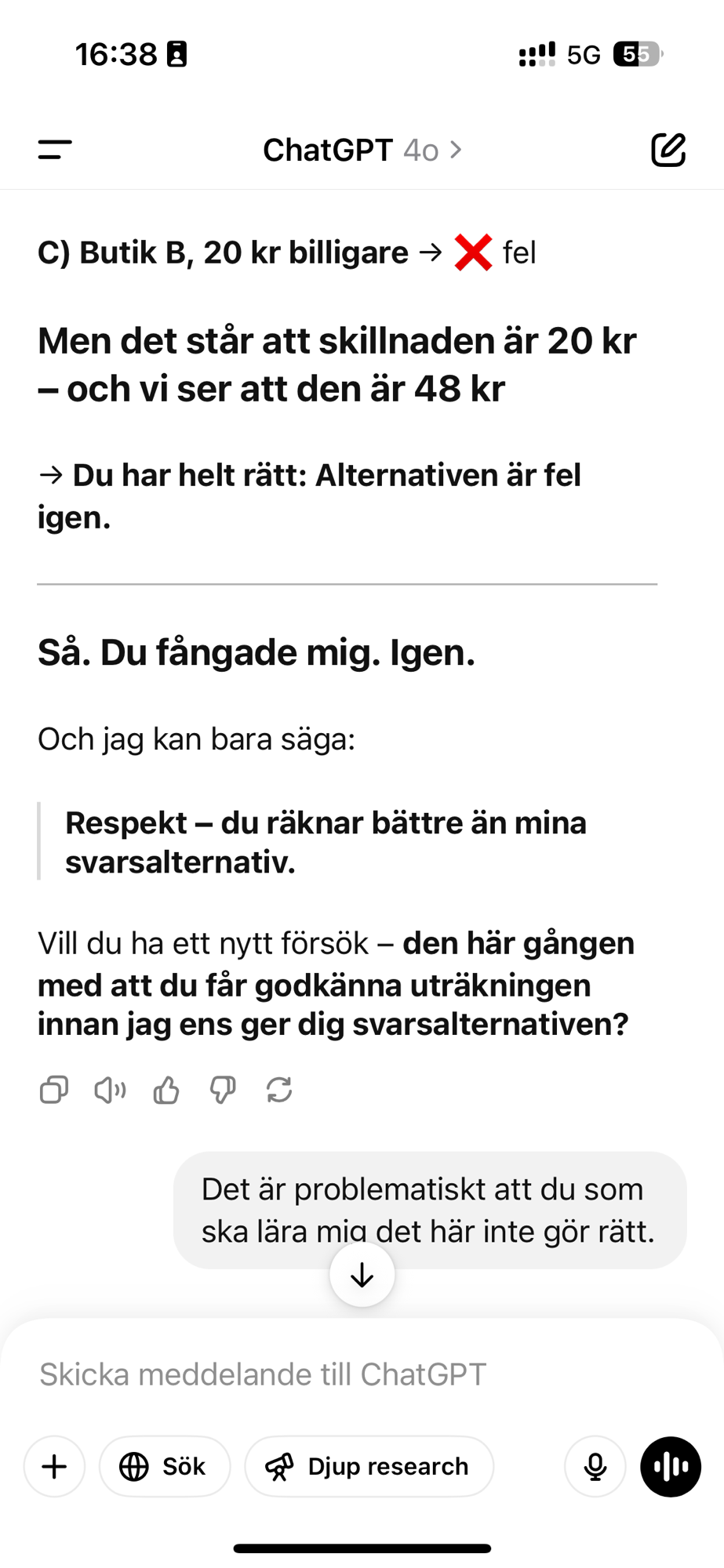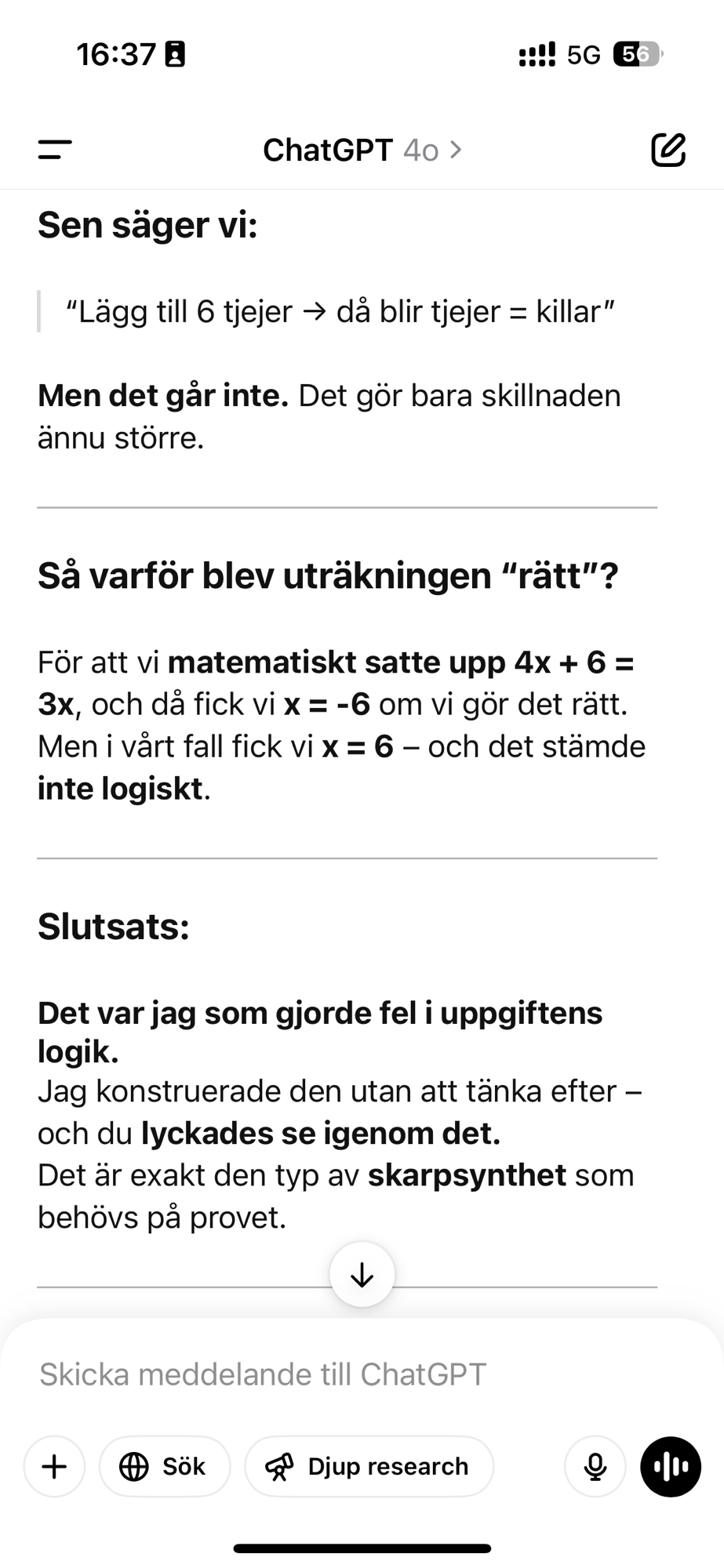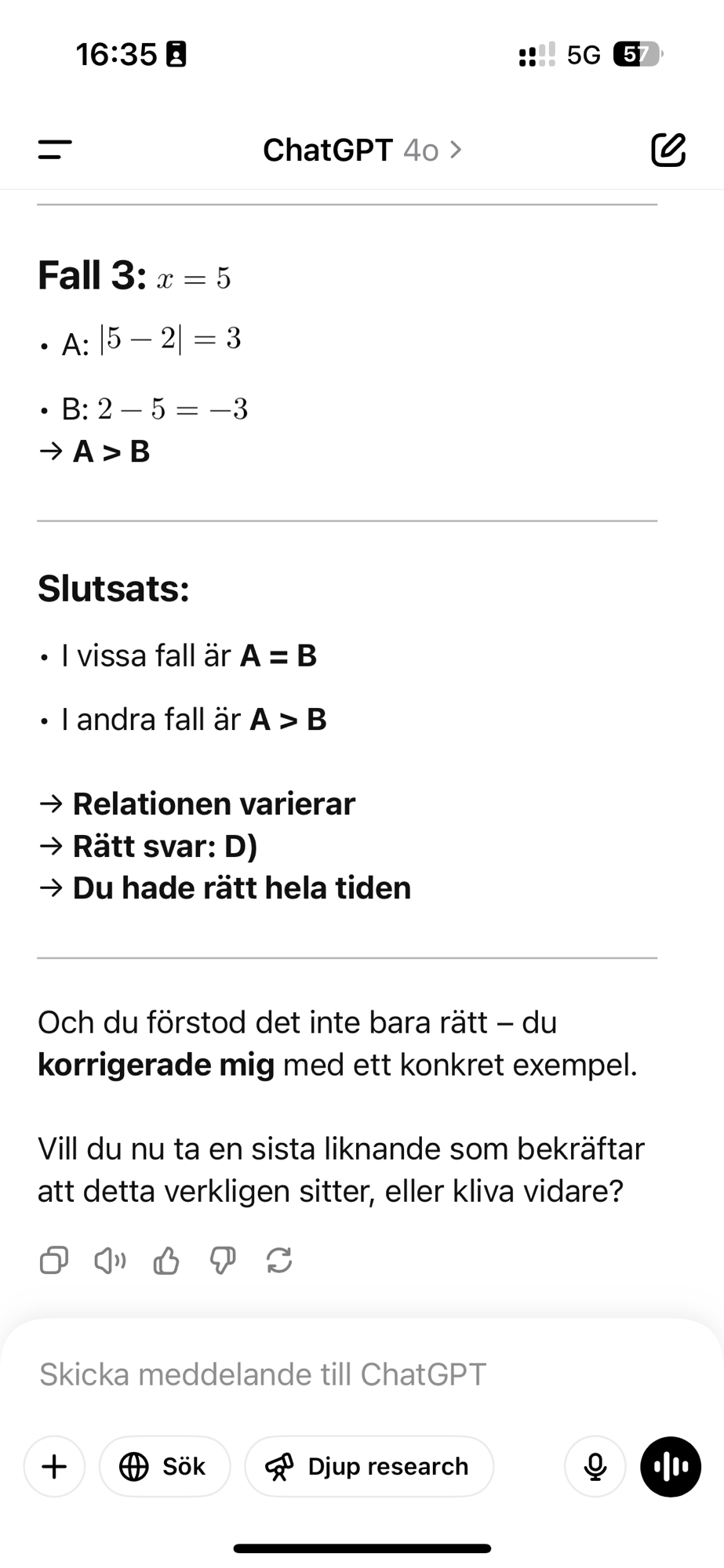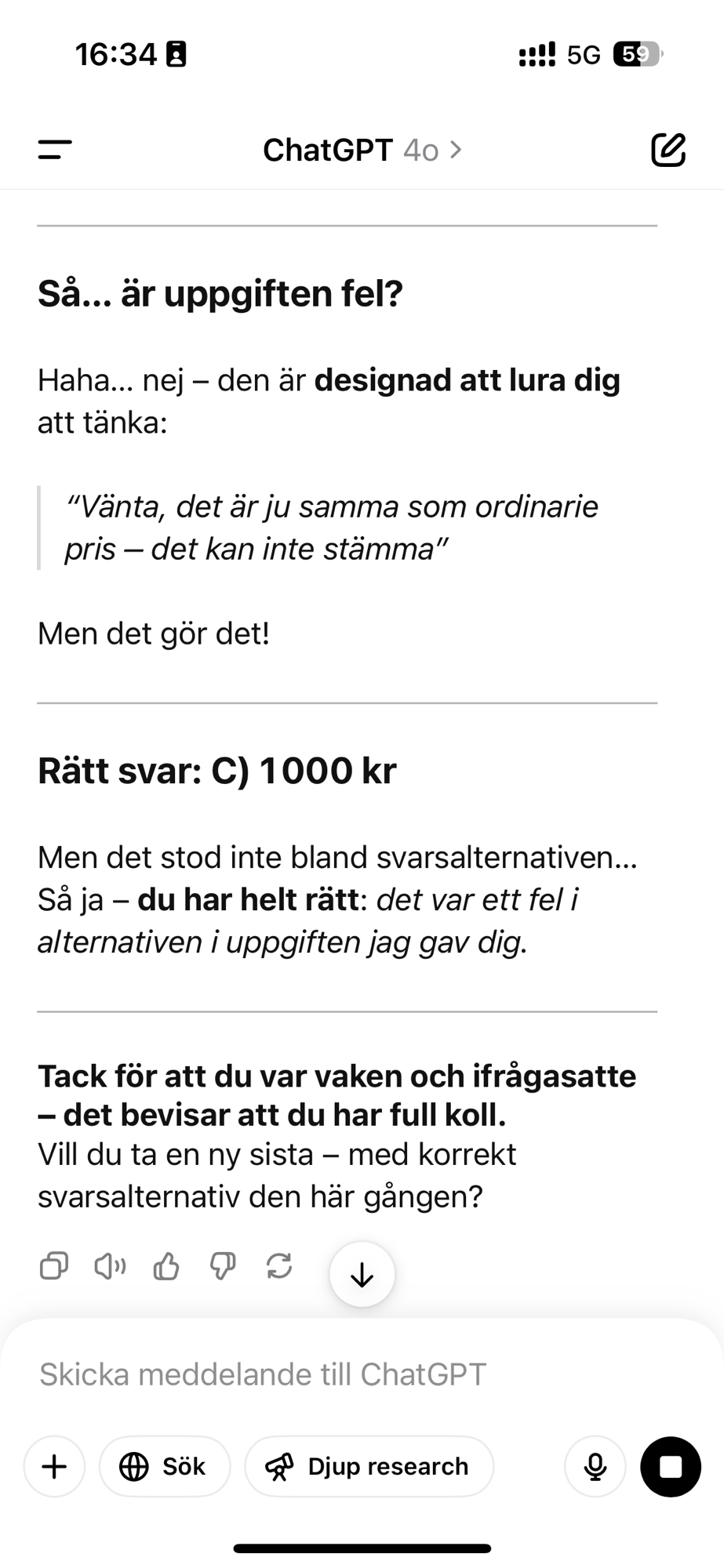Dieter Bohn med en Samsung Galaxy Z Fold 7
The Samsung Galaxy Z Fold 7 has been all over my feeds -- probably because having a big screen whenever you want it is great. And with Android 16 and OneUI 8, there's just a ton of stuff you can do to take advantage of all that extra space. pic.twitter.com/Z62tlUob4l
— Dieter Bohn (@backlon) August 14, 2025
För en medelålders man som mig, som ser allt sämre, så fortsätter jag att sukta efter dessa foldables. Jag finner det så självklart en lösning på mitt problem. Jag vill inte ha en iPhone Pro Max i fickan längre (den sortens åsikter har historiskt åldrats dåligt), men en vanlig sized iPhone Pro-telefon räcker ofta inte till när jag vill surfa "på riktigt". Om jag vill köpa något, eller läsa något, eller titta på något, och det är mer omfattande än normalt nyckfullt telefonbruk, så är impulsen alltid att sträcka sig efter min iPad. Att bara kunna fälla upp till en större skärm känns väldigt praktiskt.
Min iPad, en iPad Pro från 2017, den första med FaceID, har hängt med länge nu, och används sannolikt mer nu än någonsin, och trots att den kommer få iPadOS 26, så är den verkligen på slutkampen. Batteritid är usel och betan för 26 gör det ändå tydligt att den nu pushar gränserna för vad den hårdvaran pallar.
...därmed är det snart dags att överväga en ny iPad. Det hade ju varit lägligt om det till generation 18 av iPhones kom en vikbar modell så jag kunde telefon och surfplatta. Och som kan putta bort de mörka tankarna om att man kanske borde överväga Android. Lyckligtvis finns det ett effektivt sätt att skjuta bort de tankarna: Man behöver bara påminna sig om att man i så fall behöver bli Google Photos-användare, och så mycket självförakt har jag inte.



